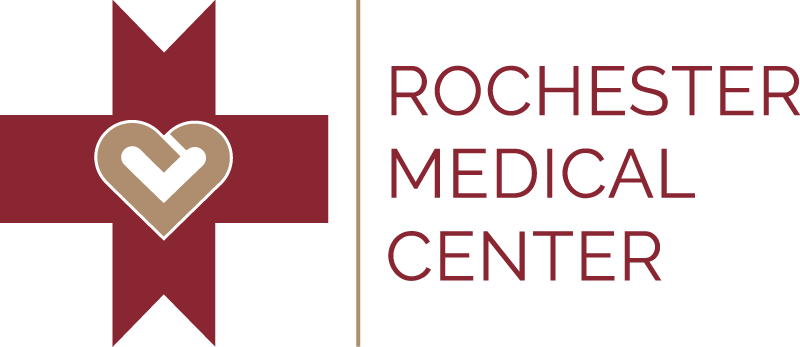November is Men’s Health Awareness Month, a time to bring attention to issues that can significantly impact the well-being of men, including low testosterone. Low testosterone, or low T, is a common condition that can affect men as they age, influencing energy levels, mood, and overall health. At Rochester Medical Center, we understand the importance of addressing this issue to help men maintain their vitality and quality of life. In this blog, we’ll cover the symptoms, causes, and effective treatment options for low testosterone, and how Vantage Men’s Health can be a valuable resource.
What Is Low Testosterone?
Testosterone is a hormone produced primarily in the testicles, playing a crucial role in men’s physical and mental health. It contributes to muscle mass, bone density, fat distribution, and libido. As men age, it’s natural for testosterone levels to gradually decline, but some experience a more significant drop, leading to symptoms that affect daily life. This condition is known as low testosterone or hypogonadism.
Symptoms of Low Testosterone
Men with low testosterone may experience a range of symptoms, including:
Decreased libido: A noticeable drop in sex drive is one of the most common signs of low T.
Fatigue and reduced energy: Feeling tired even after a full night’s rest is often a red flag.
Mood changes: Low testosterone can lead to increased irritability, anxiety, or feelings of depression.
Reduced muscle mass: Men may find it harder to build or maintain muscle, even with regular exercise.
Increased body fat: A decrease in muscle mass can lead to weight gain, especially around the midsection.
Decreased bone density: Low testosterone can contribute to weakened bones, increasing the risk of fractures.
If you are experiencing any of these symptoms, it’s important to consult with a medical professional to evaluate your testosterone levels and determine if treatment is necessary.
Causes of Low Testosterone
There are several factors that can contribute to a decline in testosterone levels, including:
Aging: Testosterone levels naturally decrease by about 1% per year after the age of 30.
Chronic health conditions: Diabetes, obesity, and heart disease can negatively impact testosterone production.
Injury or trauma: Damage to the testicles can reduce hormone production.
Certain medications: Long-term use of some medications, such as steroids or opioids, can contribute to low testosterone levels.
Lifestyle factors: Poor diet, lack of exercise, and high levels of stress can exacerbate testosterone loss.
Effective Treatments for Low Testosterone
The good news is that there are several effective treatments available for men dealing with low testosterone. Each approach can be customized to fit an individual’s needs and health goals:
Testosterone Replacement Therapy (TRT): TRT is one of the most common treatments for low T, providing testosterone through injections, gels, patches, or pellets. This therapy can help restore testosterone levels, improving energy, mood, and overall well-being.
Lifestyle Changes: Diet and exercise play a crucial role in maintaining hormone balance. Incorporating regular physical activity, reducing alcohol consumption, and eating a balanced diet rich in healthy fats can support natural testosterone production.
Medications and Supplements: Some medications can stimulate the body’s natural production of testosterone, and supplements such as vitamin D and zinc may help. It’s important to consult a medical provider before starting any new supplement regimen.
Enhanced External Counterpulsation (EECP): An innovative treatment available at Vantage Men’s Health, EECP improves cardiovascular function, which is closely tied to hormone health. This therapy can enhance overall blood flow, supporting a better delivery of oxygen and nutrients to tissues, which may also benefit testosterone levels.
Take Control of Your Health Today
Low testosterone can be challenging, but with the right support and treatment, men can reclaim their energy, vitality, and confidence. If you think you may be experiencing symptoms of low T, don’t hesitate to reach out to our team at Rochester Medical Center. Schedule a consultation today, and let’s work together to get you back to feeling your best.
You can also explore additional resources and cutting-edge treatments at Vantage Men’s Health.



